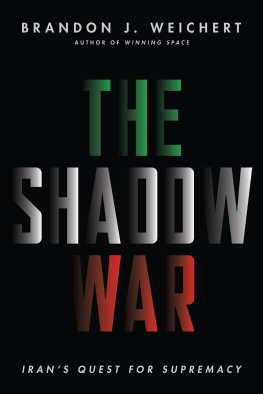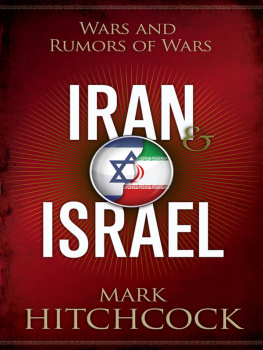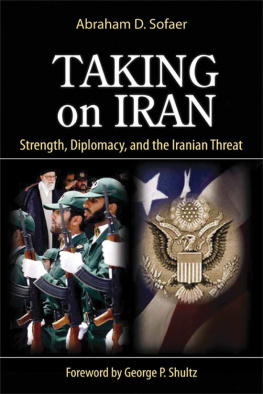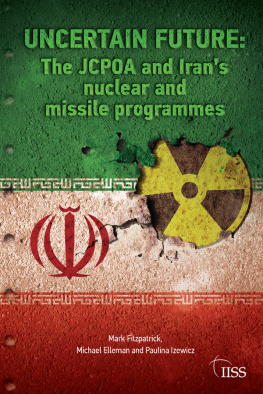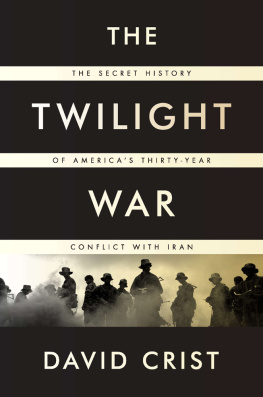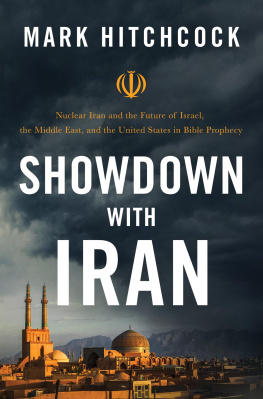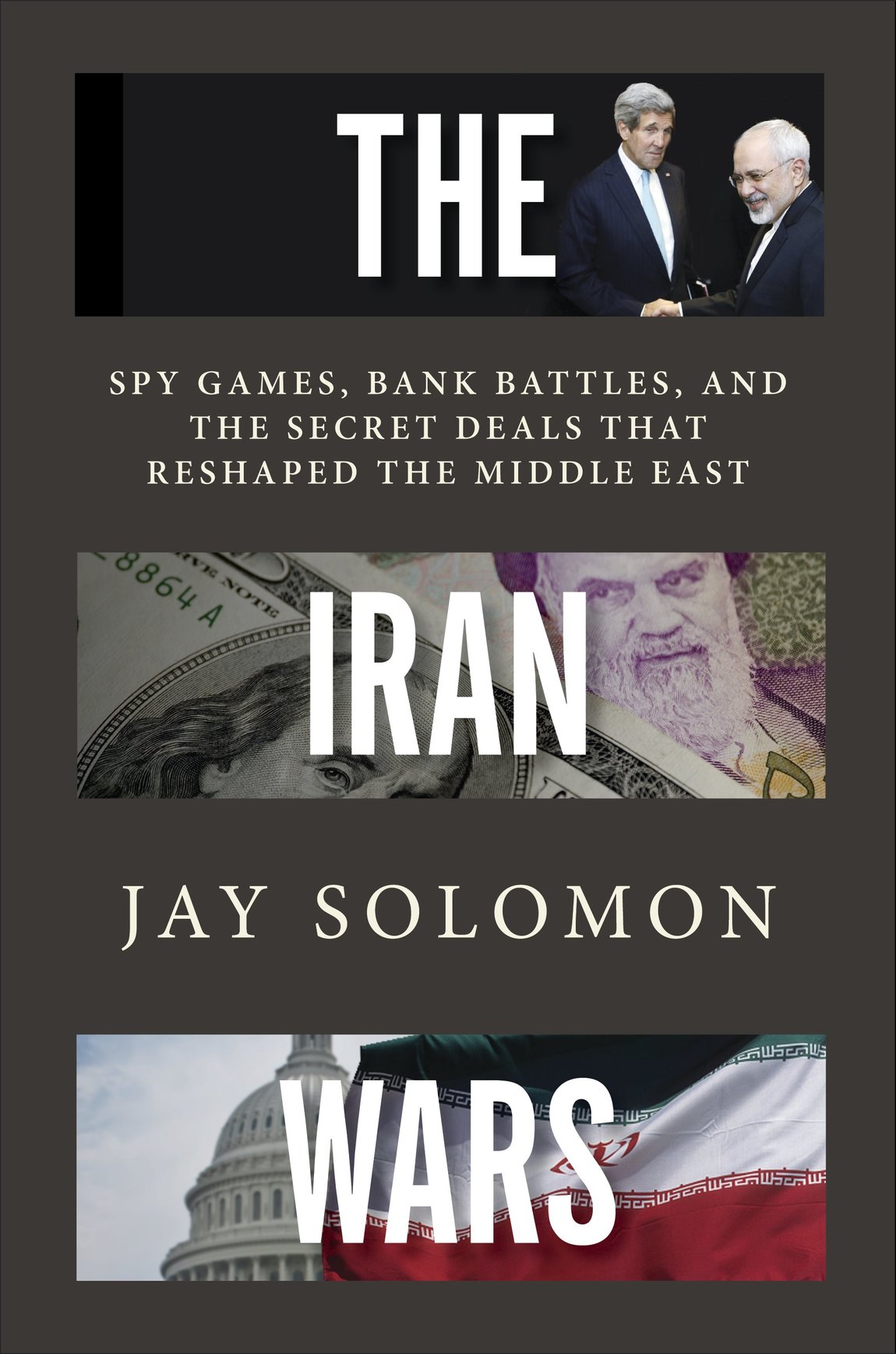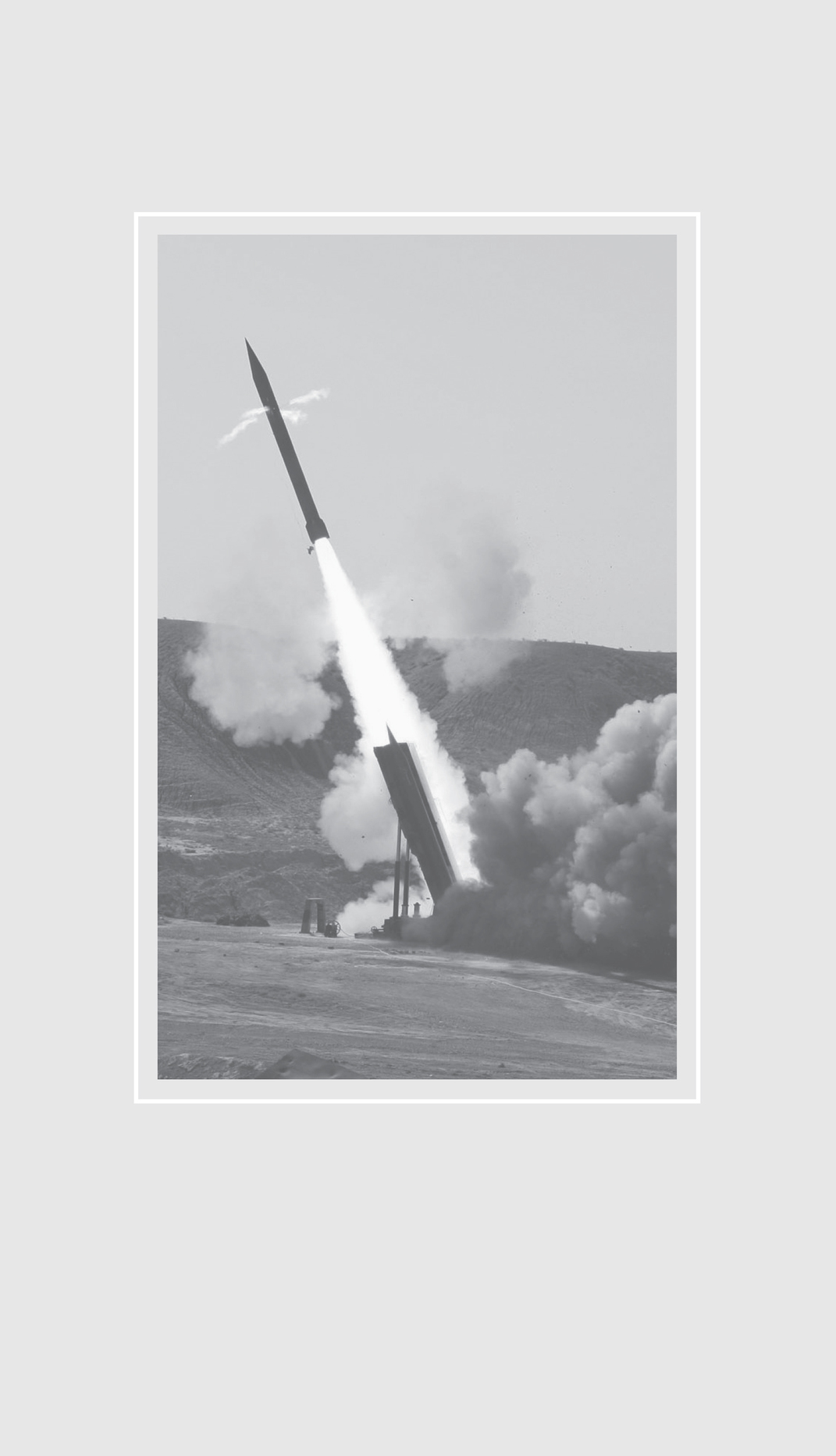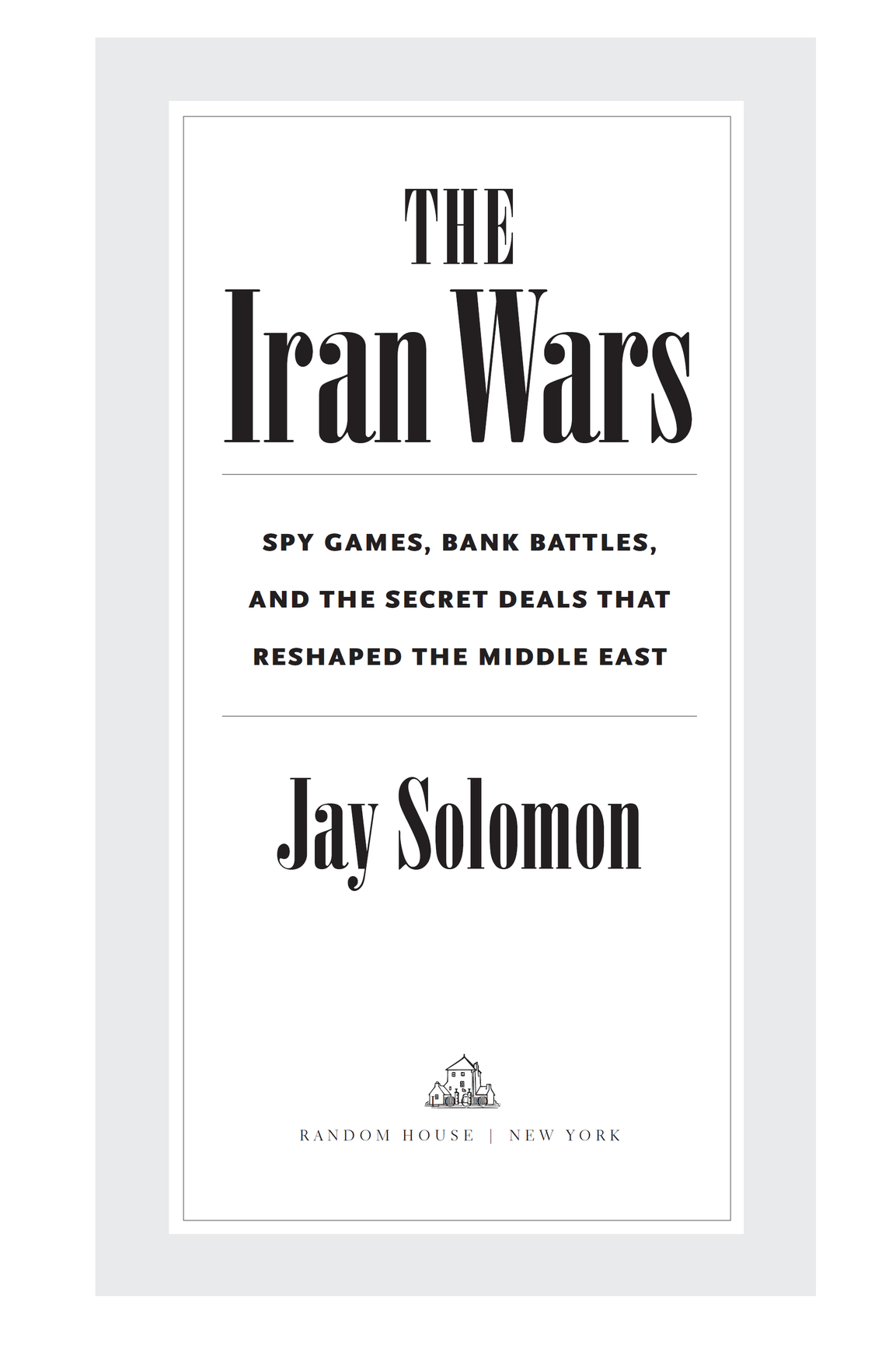All rights reserved.
Published in the United States by Random House, an imprint and division of Penguin Random House LLC, New York.
R ANDOM H OUSE and the H OUSE colophon are registered trademarks of Penguin Random House LLC.
T ITLE: The Iran wars : spy games, bank battles, and the secret deals that reshaped the Middle East / Jay Solomon.
D ESCRIPTION: New York : Random House, 2016. | Includes index.
I DENTIFIERS: LCCN 2016016783| ISBN 9780812993646 | ISBN 9780812993653 (ebook) Subjects: LCSH: United StatesForeign relationsIran. | IranForeign relationsUnited States. | Economic sanctions, AmericanIran. | Nuclear weaponsIran. | Nuclear arms controlIran.
Cover photographs: Rick Wilking/AFP/Getty Images (Javad Zarif and John Kerry); iStock Images (currencies); iStock Images (Capitol); Chris Mellor/Getty Images (flag)
Cast of Characters
THE DIPLOMATS
John Kerry, secretary of state, 2013
Hillary Clinton, secretary of state, 20092013
Jake Sullivan, special envoy to Iran, 20122014
William Burns, deputy secretary of state, 20112014
Wendy Sherman, undersecretary of state, 20112015
Ernest Moniz, secretary of energy, 2013
Javad Zarif, foreign minister of Islamic Republic of Iran, 2013
Abbas Araghchi, deputy foreign minister of Islamic Republic of Iran, 2013
Qaboos bin Said al Said, sultan of Oman
Salem ben Nasser al-Ismaily, sultan of Omans special envoy to Iran
THE FINANCIAL WARRIORS
Stuart Levey, undersecretary of treasury for terrorism and financial intelligence, 20042011
Adam Szubin, director of Treasury Departments Office of Foreign Assets Control, 20062015
Robert Morgenthau, New York County district attorney, 19752009
Steve Perles, founder of Perles Law Firm
Akbar Komijani, deputy governor of Bank Markazi
Mark Dubowitz, executive director of Foundation for Defense of Democracies
THE NUCLEAR PLAYERS
Mohsen Fakhrizadeh, former head of Irans Physics Research Center
Fereydoun Abbasi-Davani, director of Atomic Energy Organization of Iran, 20112013
Ali Akbar Salehi, foreign minister of Iran, 20102013; head of Atomic Energy Organization of Iran, 2013
Mohamed ElBaradei, director general of International Atomic Energy Organization, 19972009
Yukiya Amano, director general of International Atomic Energy Organization, 2009
Olli Heinonen, deputy director general of International Atomic Energy Agency, 20052010
Benjamin Netanyahu, prime minister of Israel, 2009
Mahmoud Ahmadinejad, president of Iran, 20052013
Alireza Jafarzadeh, Washington spokesman for the Mujahedin-e Khalq
David Albright, president of the Institute for Science and International Security
THE AXIS OF RESISTANCE
Ayatollah Ali Khamenei, supreme leader of the Islamic Republic of Iran
Bashar al-Assad, president of Syrian Arab Republic
Hassan Nasrallah, secretary general of Hezbollah
Khaled Meshaal, chairman of Hamas Political Bureau
Imad Mugniyah, late Hezbollah military commander
Mustafa Badreddine, late Hezbollah military commander
SPY MASTERS
Major General Qasem Soleimani, commander of Revolutionary Guards Qods Force
General Abdul Reza Shahlai, a deputy commander of Qods Force
Henry Crumpton, deputy chief of CIAs Counterterrorism Center, 19992001
Gary Berntsen, leader of CIAs Jawbreaker operation in Afghanistan, 20012002
David Petraeus, commander of Multi-National Force in Iraq, 20072008; CIA director, 20112012
Zalmay Khalilzad, senior director at National Security Council, 20012003; ambassador to Afghanistan, 20032005, and to Iraq, 20052007
James Dobbins, State Department special envoy on Afghanistan, 20012002, 20132014
Prologue
A Diplomatic Ruse
S ince the 1980s, the Islamic Republic of Iran steadily, though erratically, developed the technologies needed to build nuclear weapons. Though the West constructed expansive defenses to stop these advances, it achieved only limited success. This would all change during the second term of President Barack Obama.
On September 26, 2013, Secretary of State John Kerry, just six months on the job, attended his first international meeting on the Iran nuclear crisis in a dilapidated conference room at the United Nations headquarters in New York. The top diplomats of the five permanent members of the UN Security Councilthe United States, Russia, China, France, and the United Kingdomplus representatives from Germany and the European Union gathered around the table to reach a major advance toward making a nuclear deal with Iran, or so they thought. On Kerrys left sat the Iranian delegation, headed by its U.S.-educated foreign minister, Javad Zarif, known for his impeccable English and disarming smile. The wooden conference table was bathed in an eclectic mix of purple, red, and gray reflecting off the rooms decades-old wallpaper. Journalists from across the globe jammed into stakeout positions outside the hall anticipating the results of the highest-level meeting ever between diplomats from Washington and the Islamic Republic. Circumstances seemed ripe for a thaw in their relations.
The meeting between Iran and the so-called P5+1 diplomatic bloc was also the first opportunity for the two sides to discuss their positions on the nuclear talks since Kerrys appointment and the election of the moderate Iranian president Hassan Rouhani three months earlier in Tehran. Years of failed talks had stoked real fears in the Obama White House and Europe that Israel might attack Irans nuclear facilities. This meeting, the diplomats hoped, could ward that off. The Iranian politician and cleric had won the vote on a pledge to improve his countrys ties with the West and end Irans economic isolation. U.S.-led sanctions, aimed at curbing Tehrans nuclear program by targeting oil profits held in banks around the world, were crippling Irans economy. The penalties cut Irans oil revenues in half and diminished the value of its currency, the rial, by two-thirds. Aides to Rouhani privately warned the president that their country could run short of hard currency and face a crisis if Tehran wasnt able to quickly get its hands on tens of billions of dollars of oil revenue frozen in Asian, European, and Middle Eastern bank accounts. Irans Islamic revolution, which Rouhani had championed since his twenties, was in jeopardy.


